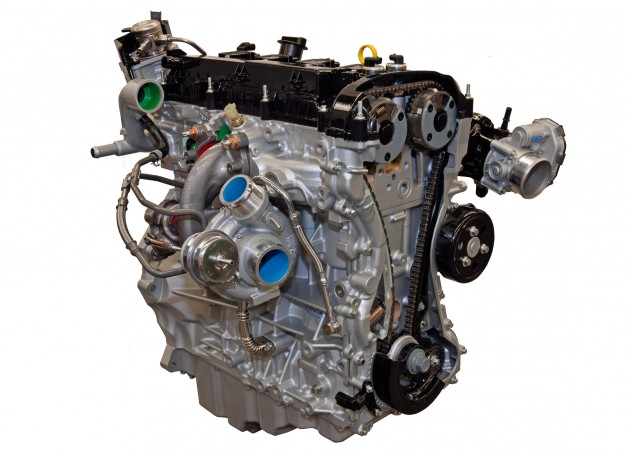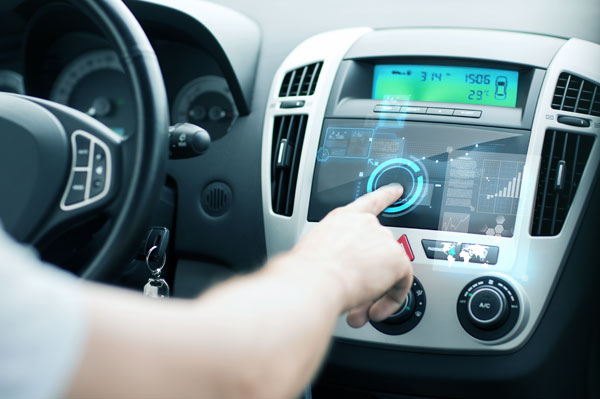At one time, turbochargers on passenger vehicles were the reserve of the performance enthusiast, designed to help eek out extra power to improve acceleration and top speed – but today, things have changed completely.
With rising fuel prices and increasing concern about the environment, manufacturers have turned to the turbo to help solve the problem, in an effort to improve engine efficiency and reduce the environmental impact of driving.
In this article, we look at the principles behind turbocharging for economy, how things are changing, and what the future holds.
Principles behind turbocharging for economy
In essence the principle behind using turbocharging in an effort to improve engine economy and reduce emissions is really simple.
Turbochargers themselves don’t actually improve engine economy – what they do is enable a smaller engine to produce the same amount of power as a larger, naturally aspirated one.
Smaller engines use less fuel, meaning that they are more economical, and less environmentally damaging than larger ones.
Turbocharging in practice
In practice, this means that the major automotive manufacturers are replacing vehicle variants that are fitted with larger naturally aspirated engines with smaller turbocharged engines.
Now, manufacturers are producing 1.4l turbocharged petrol engines that provide roughly the same in terms of performance as a 2.0l naturally aspirated engine, whilst providing significant benefits in terms of economy.
The future
Turbocharging for fuel economy looks to be here to stay, and in the near future, more and more manufacturers are set to launch vehicles, with smaller, more efficient turbocharged engines.
These engines will also benefit from current advances in turbocharging technology, like new high performance alloys, in an effort to reduce the weight and air resistance of turbocharger components.
Other near-future advances in turbo tech, like developments in bearing design, compressor technology, multi-stage turbocharging and assisted turbocharging are all set to improve the economy and efficiency of turbocharged engines.
Sceptics and “real world” economy
Recently, we’ve seen a couple of news articles questioning whether smaller turbocharged petrol engines are truly economical when it comes to real world use. Sceptics suggest that whilst manufacturers claim improved mileage, drivers simply aren’t achieving these figures in the real world.
In reality, this is the same with all vehicles, whether turbocharged or not. How vehicles are driven has a massive impact on their economy – if you’re always driving on the red line, then you are never going to see the kind of mpg quoted in the vehicle handbook!
The principles and technology behind smaller turbocharged petrol engines are sound, and now, it’s just a case of educating vehicle owners on how to drive more economically.
How we can help
At AET, we’ve got over 40 years experience in the supply, repair, replacement and maintenance of turbochargers for a full range of automotive, industrial and marine applications.
For further information on our high quality, professional and cost-effective services, get in touch today on 01924 894171, or email [email protected].



